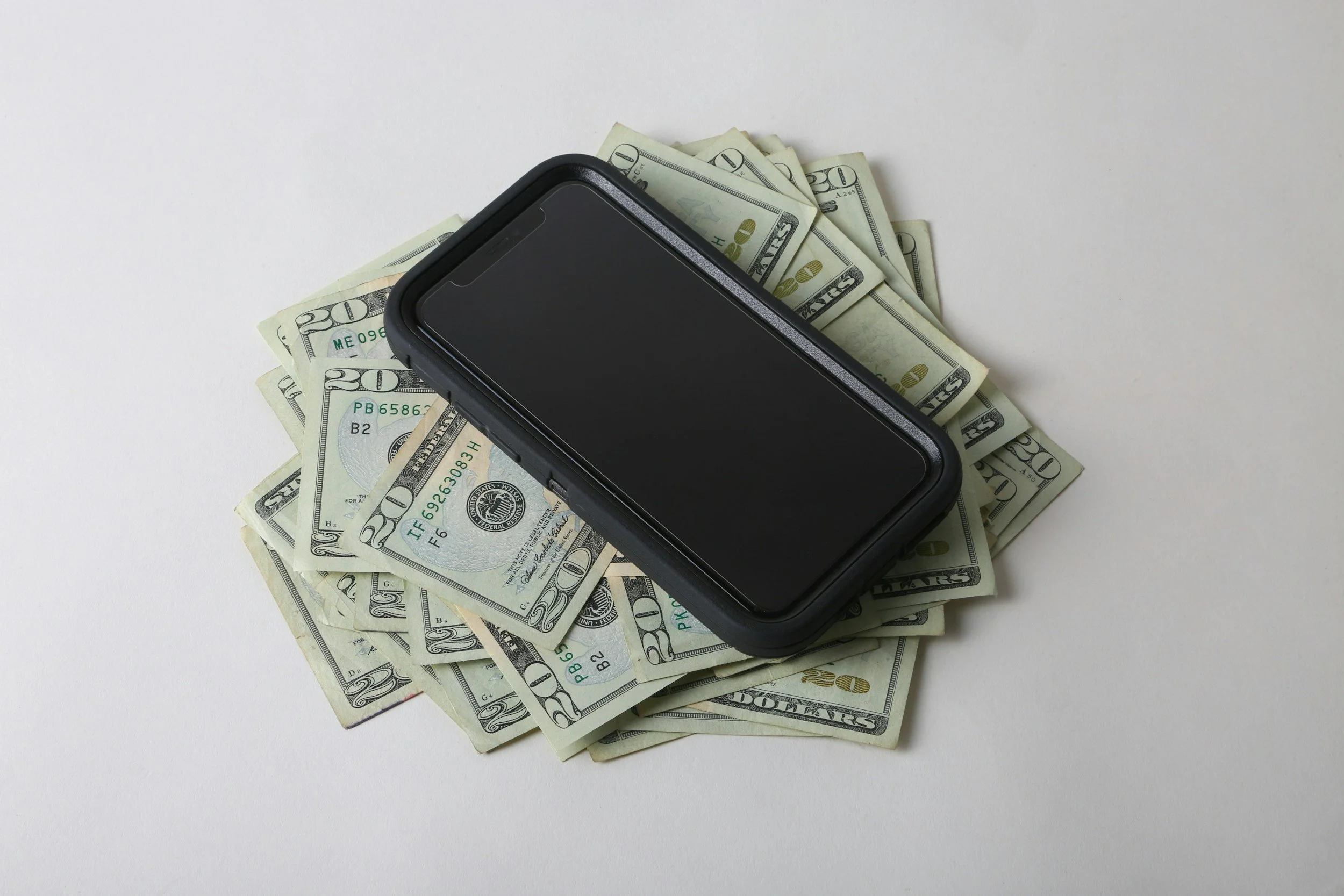
Since I frequently write about my experiences living overseas, embracing a digital nomad lifestyle, and exploring different parts of the globe, I receive numerous inquiries regarding access to travel money. “Do you set up a local bank account?” “Where should I store my money back home for easy access?” “Is it advisable to exchange currency before arriving?”
However, the crucial query to address is how to steer clear of travel fees when obtaining or converting money, alongside evading charges while utilizing a credit card.
The options for accessing your travel funds have reduced to a handful of straightforward alternatives. In most locations, it’s advisable to carry some cash and access the remainder via your ATM card, employing a debit or credit card when feasible. Additionally, you’ll want to use a credit card for significant expenses (such as local flights, train fares, car rentals, or hotel stays) and for scenarios where you require protection in case something goes awry (like booking local tours).
The challenge is that banks relish fees almost as much as airlines do, regardless of whether the transaction necessitates any effort from their side. If you’re not cautious, the fees can accumulate to the cost of a night’s accommodation every few weeks, impacting your financial plan.
I will elaborate on the impactful strategies in detail, but here are the methods to circumvent beginner travel errors that can deplete your funds–money that could be spent on enjoyable experiences instead.
1) Ensure to only use credit cards with no foreign transaction fees.
2) Utilize ATMs for withdrawing foreign cash, instead of currency exchange counters, while minimizing local fees.
3) If possible, acquire a debit card that refunds local fees or at least doesn’t impose them on their side as well.
4) Always refuse the bank’s deceptive “currency conversion” offer and always conduct transactions in the local currency.
5) Steer clear of dubious ATMs and have contingency plans in case your card is retained, lost, or stolen.
6) Aim to use credit cards that offer some type of travel rewards. This way, your vacation isn’t an infrequent event.
Let’s delve into these in detail, so you can gain the knowledge to be a savvy traveler in the future and retain more of your funds while traveling in foreign nations.
Avoid Credit Card Travel Fees
When I initially began obtaining branded travel credit cards, at least half of them charged some form of foreign transaction fee every time they were used, which is a blatant rip-off that offers nothing in return. Fortunately, most cards have eliminated foreign transaction fees, as it caused them to lose numerous customers.
It seems peculiar that a card intended for travelers would penalize you for traveling, but this remains true for some. The most prominent example is the Southwest card from Chase. It’s still worth applying for due to the sign-up bonus and the benefit of checking a bag for free on this airline, albeit one in decline, but you should stow it away whenever you’re not in the U.S.
Otherwise, scrutinize the fine print if it’s a basic card with no annual fee. These are the cards most likely to charge you an additional 2.5% to 3% if you mistakenly use them abroad. This includes some (but not necessarily all) cards associated with JetBlue, Alaska Airlines, and Marriott Bonvoy (“Bold” version).
Some cash-back rebate cards do this as well, nullifying any cash rewards you earned. Certain debit cards may penalize you twice. Most notably, the one from Paypal that offers an inferior exchange rate compared to banks and then adds a foreign fee on top. They even imposed a “foreign transaction fee” on me when I used their card in Panama, even though Panama uses the US dollar!
Obtain Your Cash from ATMs
I am often taken aback by how frequently I see articles and tour companies advising people to withdraw foreign currency from their bank prior to their journey. This is a quick way to ensure you start out at a disadvantage before you even arrive!
In 99.5% of cases, you will secure a superior exchange rate from an ATM at your destination compared to what you’d obtain in your home country. You will also receive a better rate from that machine than from any local currency exchange service, regardless of their commission claims. (They capitalize on the spread for each transaction, so they have no incentive to provide you the actual bank rate.)
The only time to utilize an exchange service is when you need to convert currency back because of your departure. If you incur a minor loss to obtain cash you can utilize elsewhere, it’s justified. You wouldn’t want to carry around Albanian lek or Vietnamese dong.
Remember to consolidate your withdrawals to minimize fees and avoid taking out an excessive amount of cash for a brief trip, especially if you plan to be in